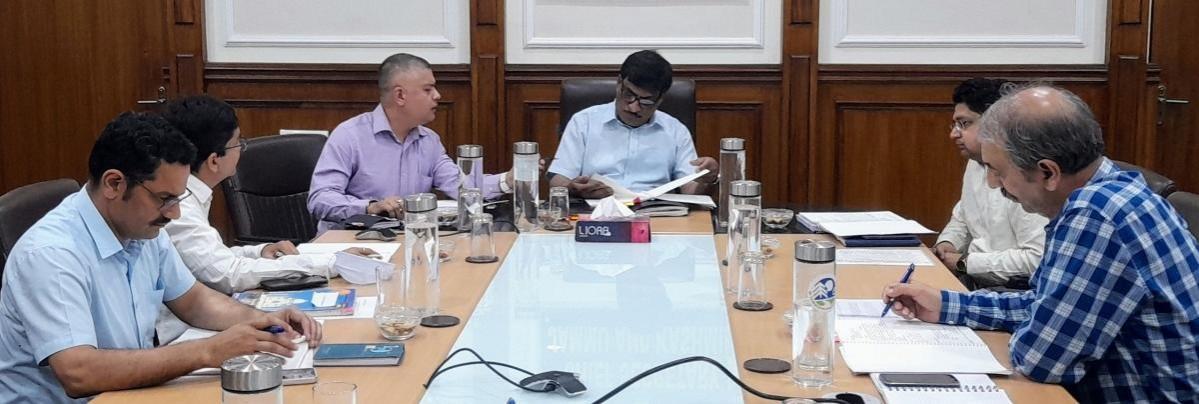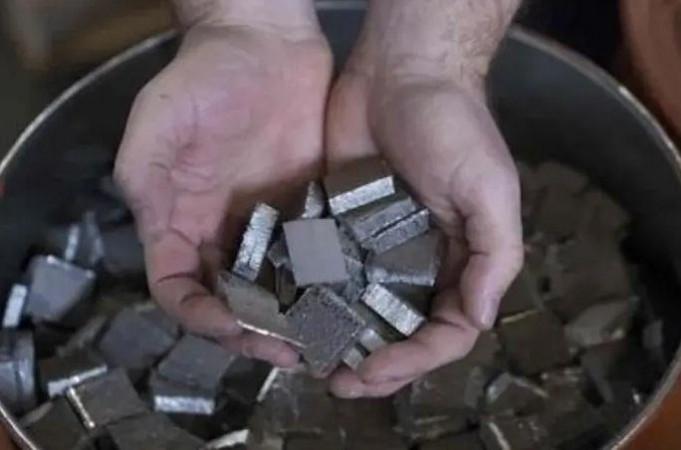Two months after the discovery of 5.9 million tonnes of Lithium reserves in the Reasi district, Jammu and Kashmir is going to conduct a third-party audit of mines across the Union Territory. While chairing the 175th board meeting of the Jammu and Kashmir Minerals Limited, Chief Secretary Dr. Arun Kumar Mehta emphasized the need for a third-party audit to evaluate the performance of the corporation's mines.
Dr. Mehta stated that the audit would assess whether the mines are operating at their optimal condition and determine if there is potential to generate more employment within these mining facilities. Mehta also called for the development of a mining plan, with expert consultation, to increase the output of the Kalakote coal mines.

The Chief Secretary urged upon the Corporation that all of their activities should aim at boosting the economy of Jammu & Kashmir. He commended the corporation's financial records over the past three years and suggested holding quarterly meetings for better coordination and implementation of decisions.
E-auctioning of Sapphire mines of Kishtwar
During the meeting, the board unanimously agreed that in order to avail of the funding under NMET (National Mineral Exploration Trust), J&K Minerals Limited shall surrender the leasehold rights of Sapphire mines so that the Ministry of Mines can take up the work.

Furthermore, the Board approved the e-auction of rough Sapphire to promote transparency.
The Board members in attendance included Secretary Planning Development and Monitoring, Dr. Raghav Langer, Secretary Mining, Amit Sharma; Director, Geology and Mining, OP Bhagat, Managing Director, JKML, Vikram Gupta; DG Codes, SL Pandita besides officers from other concerned Departments.
Lithium reserves found in J&K's Reasi district
The Geological Survey of India has for the first time established Lithium inferred resources (G3) of 5.9 million tonnes in the Salal-Haimana area of the Reasi district of Jammu and Kashmir.
"For the first time, Lithium reserves have been discovered, and that too in the Union Territory of Jammu and Kashmir," Mines Secretary Vivek Bharadwaj had announced in February this year. Upon exploration by the Geological Survey of India (GSI), lithium reserves have been found in the Reasi district of Jammu and Kashmir.
The Lithium deposits are very critical for India as the government has been focussing on electric cars, especially in the metro cities including Delhi, Mumbai, and others.

Importance of Lithium
The most important use of Lithium is in rechargeable batteries for mobile phones, laptops, digital cameras, and electric vehicles. Lithium is also used in some non-rechargeable batteries for things like heart pacemakers, toys, and clocks.
Earlier, the mines ministry had said that to strengthen the critical mineral supply chain for emerging technologies, the government was taking several proactive measures to secure minerals, including Lithium, from Australia and Argentina. Currently, India is import-dependent on many minerals like lithium, nickel, and cobalt.















